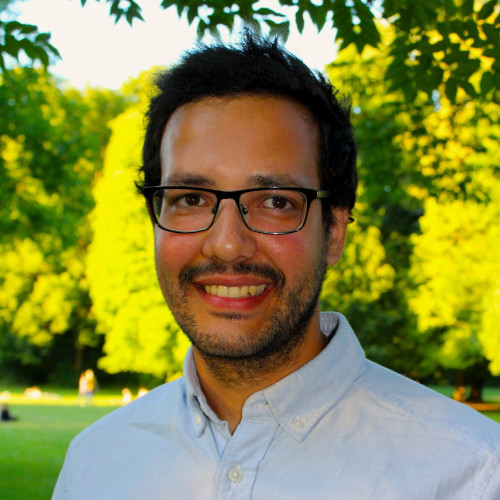
Talk by Christof Ferreira Torres
Abstract: Blockchains are complex decentralised systems that can be divided into different layers such as peer-to-peer networking, consensus protocols, smart contracts, wallets, etc. In this talk, I will focus on the privacy aspects of Web3 wallets. With the recent hype around the Metaverse and NFTs, Web3 is getting more and more popular. The goal of Web3 is to decentralize the web via decentralized applications. Wallets play a crucial role as they act as an interface between these applications and the user. Wallets such as MetaMask are being used by millions of users nowadays. Unfortunately, Web3 is often advertised as more secure and private. However, decentralized applications as well as wallets are based on traditional technologies, which are not designed with privacy of users in mind. In this talk, we will analyze the privacy implications that Web3 technologies such as decentralized applications and wallets have on users. To this end, I will present a framework that measures exposure of wallet information. Using this framework, we studied whether information about installed wallets is being used to track users online. First, we analyzed the top 100K websites and found evidence of 1,325 websites running scripts that probe whether users have wallets installed in their browser. Second, we measured whether decentralized applications and wallets leak the user’s unique wallet address to third-parties. We intercepted the traffic of 616 decentralized applications and 100 wallets and found over 2000 leaks across 211 applications and more than 300 leaks across 13 wallets. Our study shows that Web3 poses a threat to users’ privacy and that we require new designs towards more privacy-aware wallet architectures.
Bio: Christof Ferreira Torres is a postdoctoral researcher at ETH Zurich. He is part of the Secure & Trustworthy Systems Group lead by Prof. Dr. Shweta Shinde. His research focuses on analyzing the security and privacy of distributed ledgers. He obtained a joint Ph.D. in computer science from the University of Luxembourg and the Technical University of Munich. His Ph.D. thesis focuses on the automated security assessment of smart contracts. He received the Excellent Doctoral Thesis award from the University of Luxembourg and Ripple’s Impact award for his research on the security of smart contracts. Prior to his Ph.D., he has been working as a security researcher at the Fraunhofer Institute for Applied and Integrated Security (AISEC) near Munich, Germany.








